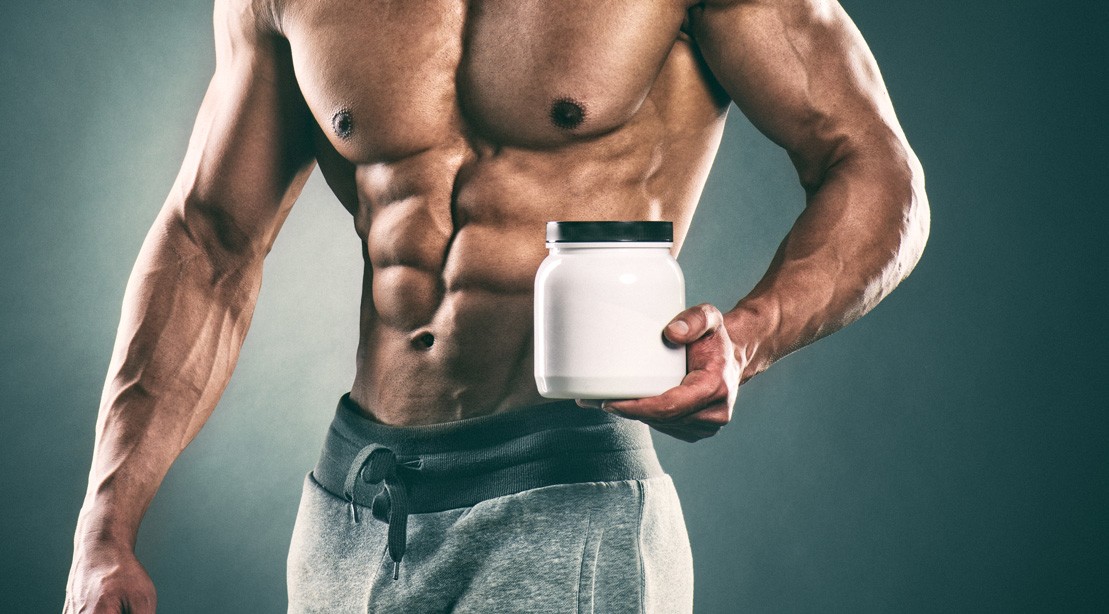The Importance of Consuming Protein After a Workout
Exercise, especially resistance training and high-intensity workouts, causes stress on the muscles, leading to microscopic tears in the muscle fibers.
This process is necessary for muscle growth and strengthening, but the body requires proper nutrition to repair and rebuild these fibers efficiently. Among the essential nutrients for recovery, protein plays a crucial role.
Consuming protein after a workout helps stimulate muscle protein synthesis (MPS), enhances recovery, reduces muscle soreness, and ultimately supports muscle growth and maintenance.
Why Protein is Essential Post-Workout
Protein is made up of amino acids, which serve as the building blocks for muscles. During exercise, muscle proteins are broken down, and consuming protein post-workout provides the necessary amino acids to rebuild and reinforce the damaged fibers.
This process, known as muscle protein synthesis, counteracts muscle protein breakdown (MPB) caused by exercise. The net balance between MPS and MPB determines muscle growth—when MPS exceeds MPB, muscles grow and strengthen over time (1).
Additionally, consuming protein after a workout helps replenish energy stores. While carbohydrates are the body’s primary energy source, protein also plays a role in recovery by stabilizing blood sugar levels and preventing excessive muscle breakdown.
Furthermore, protein intake can reduce muscle soreness by promoting faster recovery and decreasing inflammation associated with intense exercise.

The 2-Hour Protein Rule: Timing Matters
The “2-hour protein rule” refers to the optimal timing window for post-workout protein consumption. Research suggests that consuming protein within two hours after exercise maximizes muscle protein synthesis and enhances recovery.
However, some studies indicate that this anabolic window is even shorter—around 30 to 60 minutes after a workout—making it crucial to consume protein as soon as possible after finishing an exercise session.
The rationale behind this rule is that after a workout, the body is in a heightened state of protein breakdown. Muscle cells become more receptive to nutrients, making the post-workout period a prime time to deliver essential amino acids for muscle repair and growth.
The sooner protein is consumed, the quicker the body can initiate muscle protein synthesis, reducing recovery time and minimizing muscle loss.
However, the urgency of post-workout protein intake depends on factors such as pre-workout nutrition, workout intensity, and overall daily protein intake.
If an individual has consumed a protein-rich meal before exercising, the need for immediate post-workout protein intake may not be as critical, as amino acids from the pre-workout meal are still available in the bloodstream.
On the other hand, for those training in a fasted state, consuming protein immediately after a workout becomes more important.

What Happens If You Don’t Eat Protein After a Workout?
Failing to consume protein after a workout can lead to several negative consequences, particularly for those engaged in resistance training or endurance sports.
When the body lacks sufficient protein post-exercise, muscle recovery is compromised, leading to prolonged soreness, fatigue, and increased risk of muscle loss. Here’s what happens when protein intake is neglected after a workout:
- Delayed Muscle Recovery: Without an adequate supply of amino acids, the body struggles to repair damaged muscle fibers, prolonging recovery time. This can lead to increased soreness and discomfort, making it harder to maintain a consistent workout routine.
- Muscle Breakdown Exceeds Muscle Growth: Exercise stimulates both muscle protein synthesis and muscle protein breakdown. When protein intake is insufficient, muscle protein breakdown can outpace synthesis, leading to muscle loss over time. This is particularly concerning for individuals aiming to build or maintain muscle mass.
- Reduced Strength and Performance: Over time, inadequate protein consumption post-workout can impair strength gains and athletic performance. Muscles require proper recovery to grow stronger, and without protein, progress in training may stagnate.
- Increased Risk of Injury: Insufficient protein intake can weaken muscles and connective tissues, making them more susceptible to strains, tears, and other injuries. Proper nutrition supports tissue repair, reducing the likelihood of overuse injuries.
- Compromised Immune Function: Intense exercise temporarily suppresses the immune system, and protein plays a role in immune function. Skipping protein after workouts may leave the body more vulnerable to illness, which can further hinder training progress.
How Much Protein Should You Consume Post-Workout?
The amount of protein needed after a workout depends on factors such as body weight, exercise intensity, and fitness goals.
Research suggests that consuming 20 to 40 grams of high-quality protein post-workout is sufficient to maximize muscle protein synthesis. A general guideline is to aim for approximately 0.3 to 0.5 grams of protein per kilogram of body weight after exercise.
For example:
- A person weighing 70 kg (154 lbs) may require 21 to 35 grams of protein post-workout.
- An individual with higher protein needs, such as an athlete or bodybuilder, may consume closer to 40 grams to support muscle recovery and growth.
Best Protein Sources for Post-Workout Recovery
Choosing high-quality protein sources ensures that the body receives essential amino acids for optimal recovery. Some excellent post-workout protein options include:
- Whey Protein: A fast-digesting, complete protein source rich in leucine, an amino acid that stimulates muscle protein synthesis.
- Casein Protein: A slow-digesting protein that provides a prolonged release of amino acids, making it ideal for sustained recovery.
- Eggs: A high-quality protein source packed with essential amino acids.
- Chicken, Fish, or Lean Beef: Whole food sources rich in protein and micronutrients that support muscle repair.
- Greek Yogurt: A dairy-based protein source that also provides beneficial probiotics for gut health.
- Plant-Based Proteins: Options like soy, pea, and rice protein provide adequate amino acids for muscle recovery, especially when combined to create a complete protein profile.
- Cottage Cheese: A great source of casein protein that supports overnight muscle repair.
Consuming protein after a workout is essential for optimizing recovery, reducing muscle soreness, and supporting muscle growth. The 2-hour protein rule suggests that post-exercise protein intake should occur within two hours, though consuming it sooner can be even more beneficial.
Neglecting protein after a workout can lead to delayed recovery, muscle loss, and impaired performance. To maximize the benefits of exercise, individuals should prioritize high-quality protein sources and tailor their intake to their fitness goals.
By doing so, they can ensure that their muscles recover efficiently, grow stronger, and sustain long-term progress in their training regimen.




